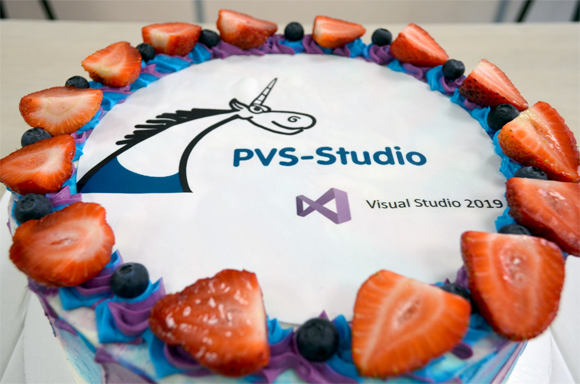
This article reviews the results of a second check of the Orchard project with the PVS-Studio static analyzer. Orchard is an open-source content manager system delivered as part of the ASP.NET Open Source Gallery under the non-profit Outercurve Foundation. Today's check is especially interesting because both the project and the analyzer have come a long way since the first check, and this time we'll be looking at new diagnostic messages and some nice bugs.






 This chapter was translated from Russian jointly by author and by
This chapter was translated from Russian jointly by author and by 
